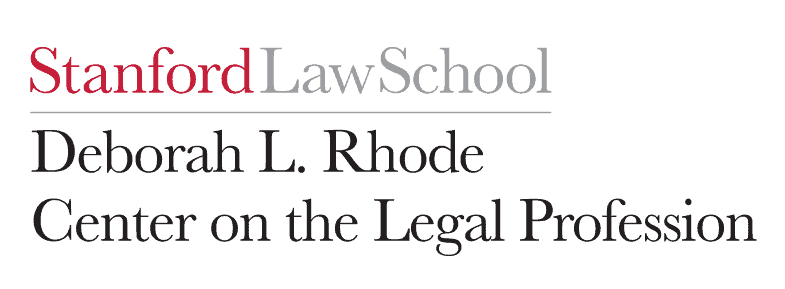This brief is written by law professors who research and write about access to justice and the regulation of the legal profession. They share a common interest in improving access to legal assistance for low- and moderate-income people facing debt collection actions and are especially interested in the case discussed here because it presents an important question about whether laws prohibiting the “unauthorized practice of law” infringe upon nonlawyers’ political expression and collective activity to obtain meaningful access to the courts.
This brief considers the following :
A. New York law prohibits nonlawyers from providing individualized legal advice, even when the advice is simple and free.
B. Plaintiffs’ program would constitute the unauthorized practice of law and could expose Plaintiffs to criminal prosecution.
C. Exposure to criminal prosecution prevents Plaintiffs from offering legal advice and serves as a systemic barrier to accessing justice, even absent formal enforcement.
